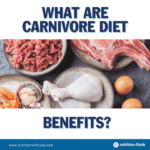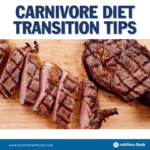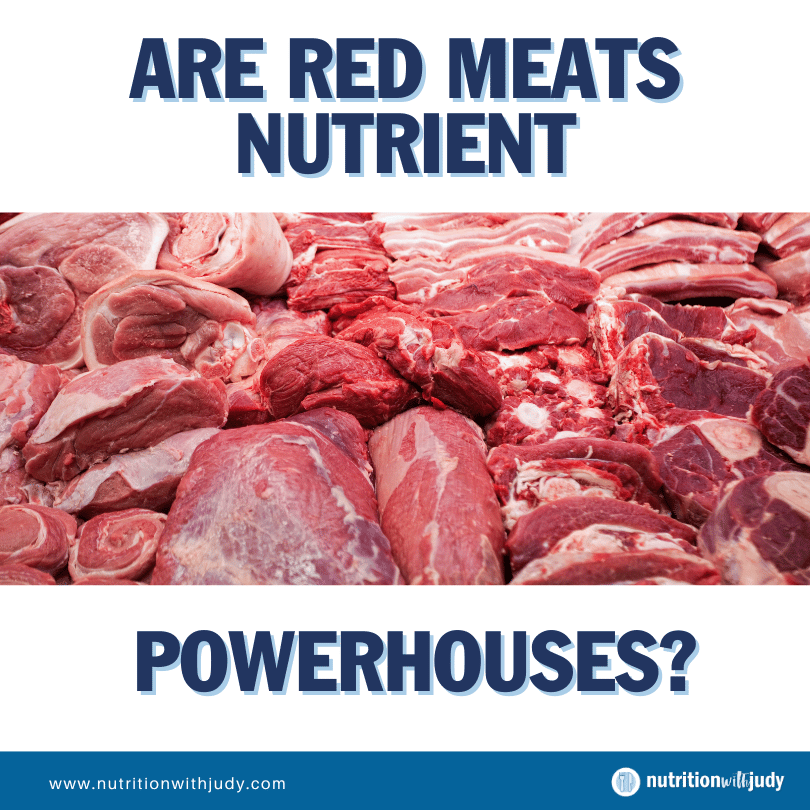

Are Red Meats Nutrient Powerhouses?


For decades, red meats have been unjustly demonized, cast as the villains of our diets. The truth, however, paints a vastly different picture. Red meats are not just any food – they are nutrient powerhouses, densely packed with essential vitamins and minerals critical for our health.
Contrary to widespread myths, red meats such as beef, lamb, and pork are rich in high-quality protein, iron, B vitamins, and zinc, among other nutrients. These are not merely beneficial but essential for maintaining muscle mass, supporting brain function, and boosting our immune system.
This article aims to dispel the myths and shed light on the fact that when consumed as part of a balanced diet, red meats can be a superfood, contributing to a healthy and vibrant life.
What Is the Carnivore Diet?
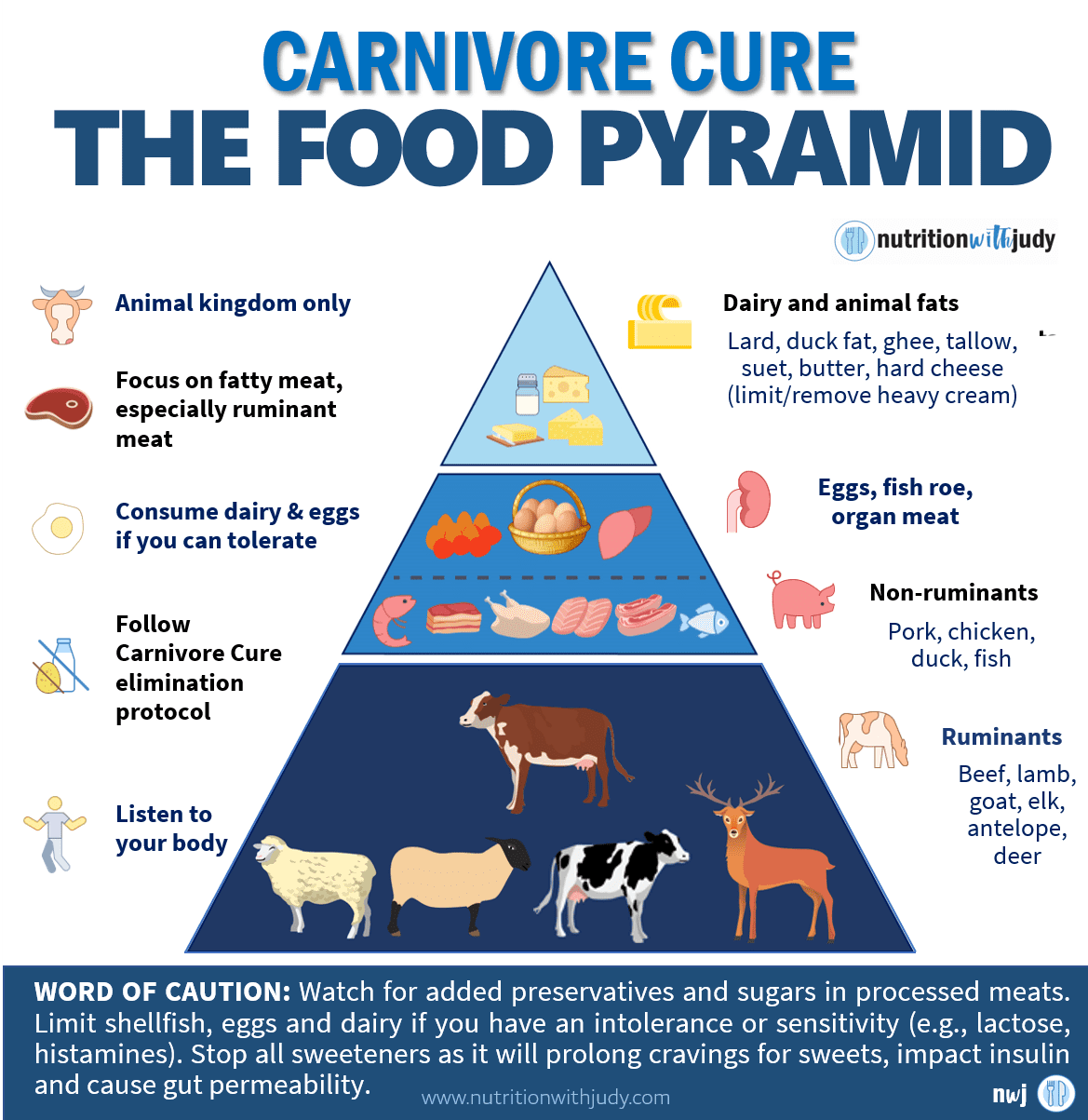

- Beef-Only Carnivore Diet: Ideal for those tackling autoimmune or chronic conditions, focusing on beef for its elimination diet properties, with a nod towards diversifying meats for long-term nutrition.
- Lion Diet: Targets elimination with a strict regimen of ruminant meats, salt, and water, perfect for individuals prioritizing autoimmune and gut health recovery, with a pathway to reintroduce other meats.
- Nose-to-Tail Carnivore Diet: Encourages consuming the entire animal for maximal nutrient absorption, cautioning against excessive liver and kidney in certain health scenarios to prevent vitamin imbalances.
- Meat-Only Carnivore Diet: Embraces all animal muscle meats, excluding organ meats, dairy, and eggs, serving as a foundational diet for those confirming muscle meat tolerance.
- Zero-Carb Carnivore Diet: Prioritizes meats and animal fats, minimizing carbohydrates and incorporating dairy and eggs for those without severe autoimmune or chronic conditions. While eggs and dairy technically contain minimal carbs, this variation is nearly zero-carb.
- Carnivore Keto Diet: Merges ketogenic principles with carnivore discipline, focusing on low-carb, high-fat intake, suitable for those with resolved chronic conditions, integrating low-toxicity plant foods.
- Carnivore-Ish Keto Diet: Offers greater flexibility by blending more keto elements, ideal for metabolically healthy individuals without food addiction, incorporating specific keto-friendly foods.
- Animal-Based Diet: Broadens the carnivore spectrum to include fruits, honey, and raw dairy, observed to usually only benefit highly metabolically flexible individuals and elite athletes. We generally don’t recommend this variation due to various risks.
This tailored approach underscores the carnivore diet’s versatility, aligning closely with individual health trajectories and dietary tolerances, framing it as a highly customizable and effective nutritional strategy.
Which Carnivore Diet Option Is Right for Me?
Each variation offers distinct benefits, from the simplicity and focus of a beef-only carnivore diet to the inclusivity of a carnivore keto diet. Tolerances to specific foods, especially in the context of autoimmune or chronic conditions, also play a critical role. Evaluating these factors will help in selecting the most suitable carnivore diet variation, ensuring it aligns with personal health goals and dietary needs.
What Is Red Meat?
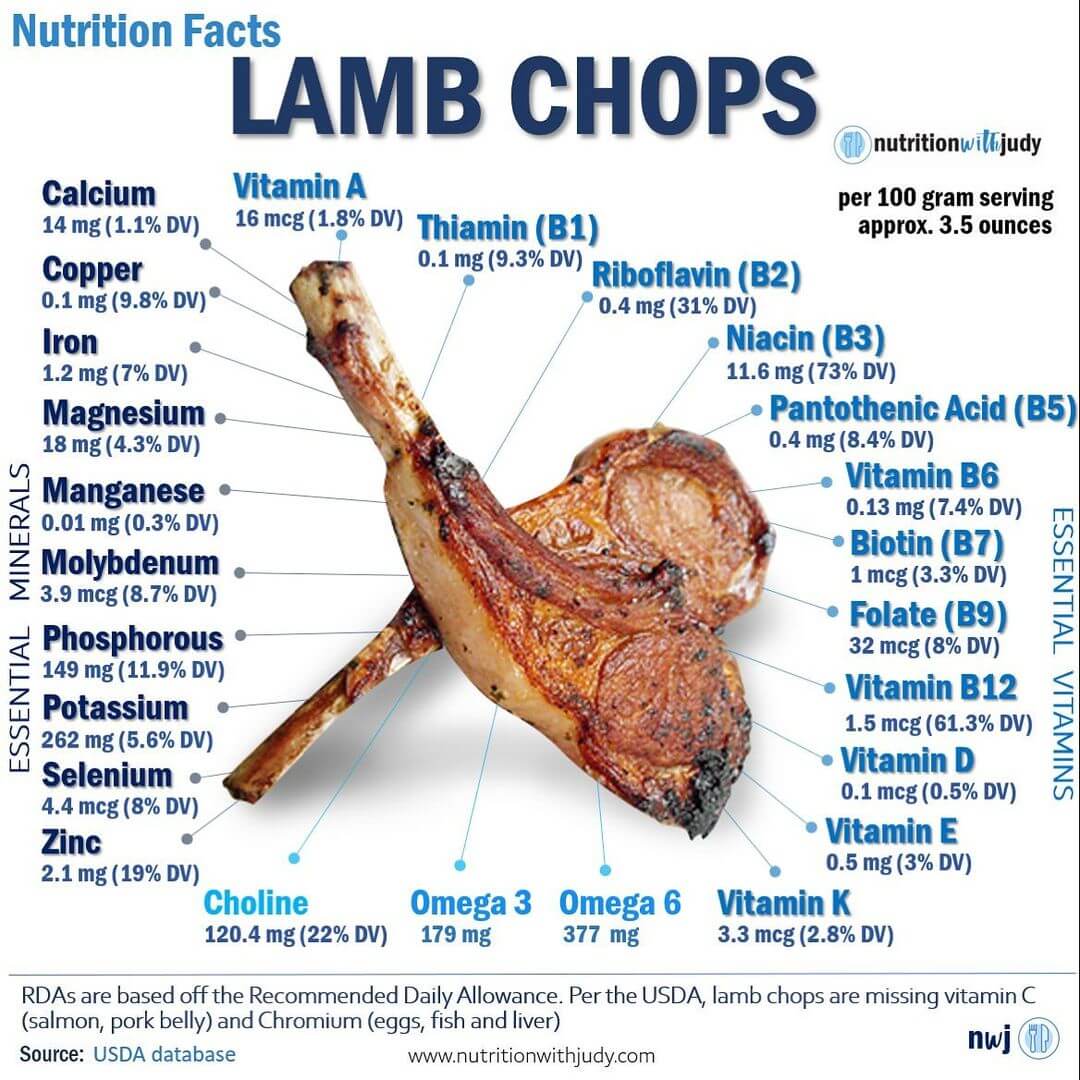

Red meat refers to the meat derived from mammals, which is typically red when raw and encompasses varieties such as beef, lamb, and pork. In nutritional science, red meat is defined as any meat that has more myoglobin compared to white meat varieties such as poultry.
Known for its nutrient density, red meat is a significant source of high-quality protein, essential vitamins, minerals such as iron and zinc, and other nutrients crucial for health. It plays a vital role in any diet, contributing to muscle growth, brain function, and overall well-being when consumed in moderation as part of a varied diet. Red meat’s nutritional profile makes it a valuable food choice for supporting health and dietary needs.
Why Should I Eat Red Meat?
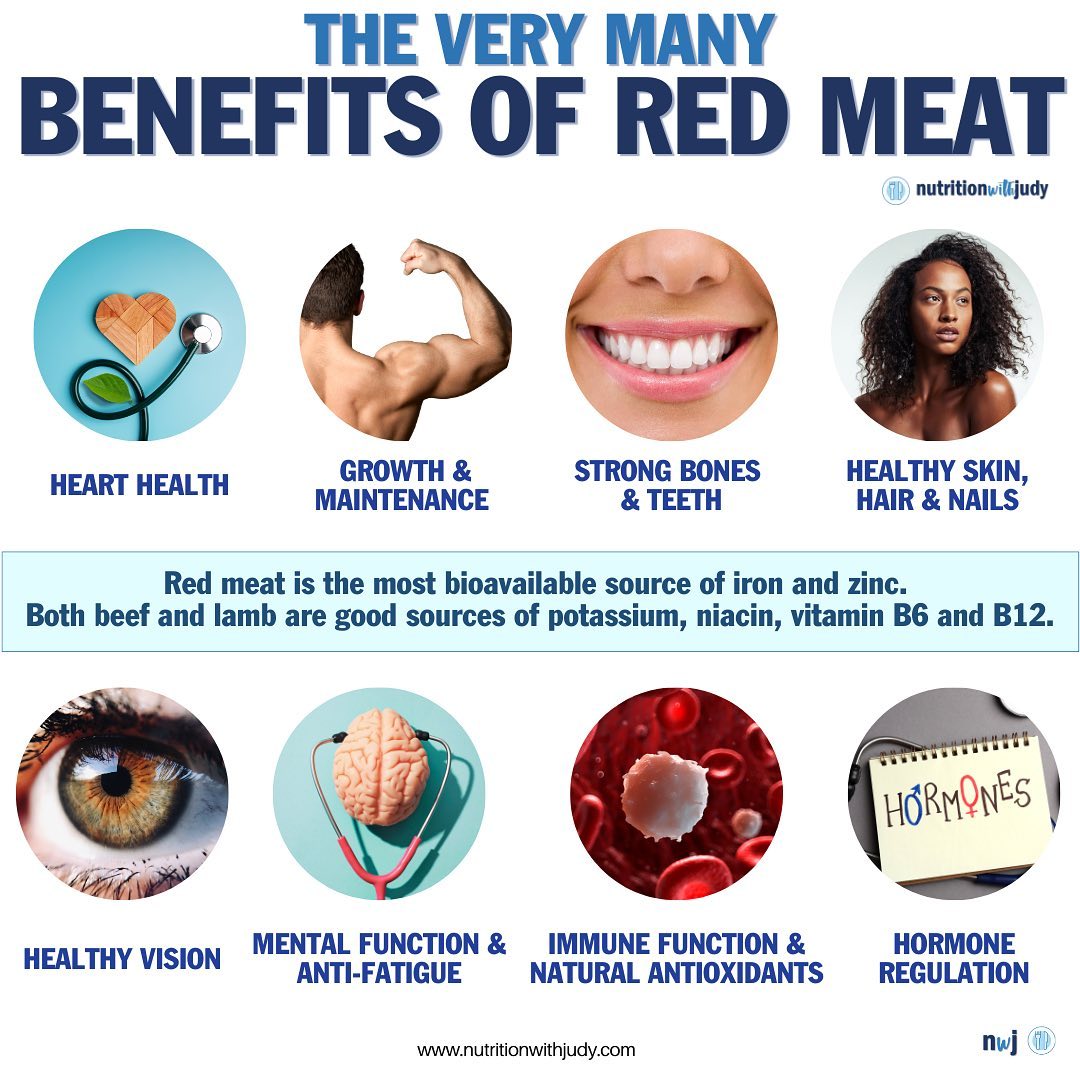

Incorporating red meat into one’s diet, regardless of following a carnivore diet or not, offers substantial health benefits due to its rich nutrient profile. Red meat is a prime source of high-quality protein, essential for muscle repair and growth. It also provides vital nutrients such as vitamin B12, iron, zinc, and selenium, which are crucial for brain function, immune system support, and energy production.
The presence of these nutrients in bioavailable forms makes red meat particularly beneficial for combating nutritional deficiencies. Additionally, red meat contains creatine and carnosine, both important for muscle function and performance, making it an excellent dietary choice for maintaining strength and overall physical health.
Red meat, specifically ruminant red meats such as beef, bison, lamb, and so on, are often staples of any carnivore diet.
The Essential Nutrients Found In Red Meat
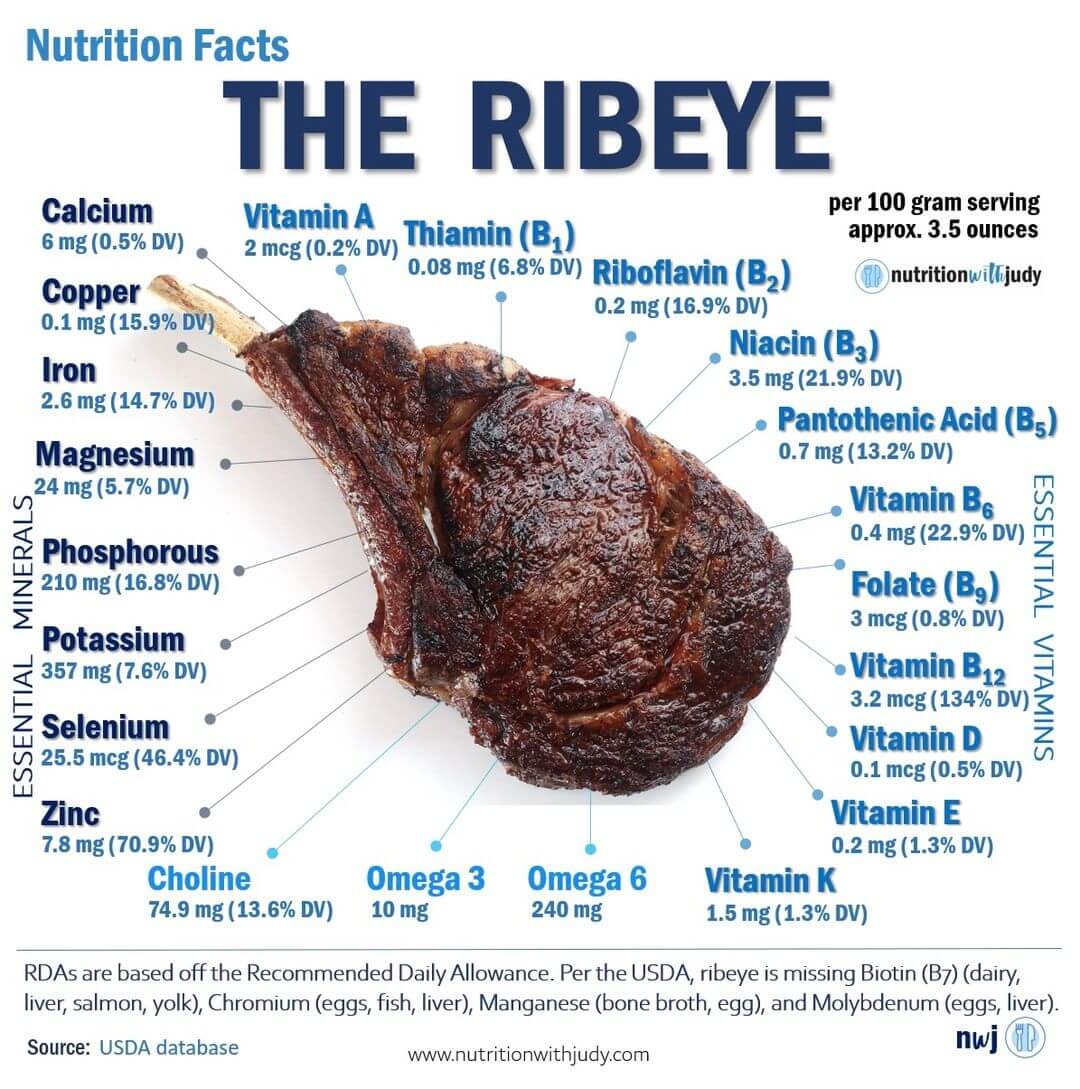

Red meat is a nutritional powerhouse, offering a wide array of essential nutrients beneficial for health. Here’s an in-depth look at the key nutrients found in red meat and their health benefits:
- Protein: Red meat is a complete protein source, containing all nine essential amino acids necessary for muscle repair, growth, and maintenance. High-quality protein supports body composition, metabolic rate, and overall health.
- Vitamin B12: Crucial for nerve function, DNA production, and red blood cell formation, B12 is found almost exclusively in animal products, with red meat being a particularly rich source. Adequate B12 intake prevents anemia and supports brain health.
- Iron: Red meat contains heme iron, the type most easily absorbed by the body. Iron is vital for transporting oxygen in the blood, supporting energy levels and cognitive function. Its bioavailability in red meat helps prevent iron deficiency anemia.
- Zinc: Important for immune function, wound healing, and DNA synthesis, zinc in red meat is more bioavailable than in plant sources. It plays a critical role in child development, reproductive health, and disease resistance.
- Selenium: An antioxidant that helps prevent cellular damage from free radicals, selenium supports thyroid function, immunity, and may reduce the risk of certain cancers. Red meat is a good source of this essential mineral.
- Niacin (Vitamin B3): Supports metabolism, skin health, and nervous system function. Regular consumption of red meat can help maintain healthy levels of niacin.
- Vitamin B6: Involved in amino acid metabolism, brain development, and immune function. Red meat contributes to the required daily intake of this vitamin, aiding in maintaining a healthy nervous system and immune response.
- Phosphorus: Essential for bone health and energy production, phosphorus found in red meat plays a vital role in maintaining the structure and function of cellular membranes.
- Creatine: Not found in plant foods, creatine is a nutrient that supports muscle energy, particularly beneficial for athletes and those engaged in regular physical activity. It enhances strength, performance, and muscle growth.
- Carnosine: Another compound exclusive to animal foods, carnosine acts as an antioxidant and supports muscle function. It is beneficial for cardiovascular health and may protect against aging and neurodegenerative diseases.
- DHA and EPA: While not as abundant as in fatty fish, red meat does contain omega-3 fatty acids DHA and EPA, contributing to heart health, brain function, and inflammation reduction. Grass-finished red meat will contain higher levels of omega-3s.
Including red meat in your diet can significantly contribute to meeting nutritional needs, supporting muscle health, enhancing immune function, and preventing deficiencies. The unique blend of nutrients found in red meat, some of which are rare or not found in plant foods, underscores its importance in any diet.
New Study About Red Meat Nutrient That Improves Immune Response to Cancer
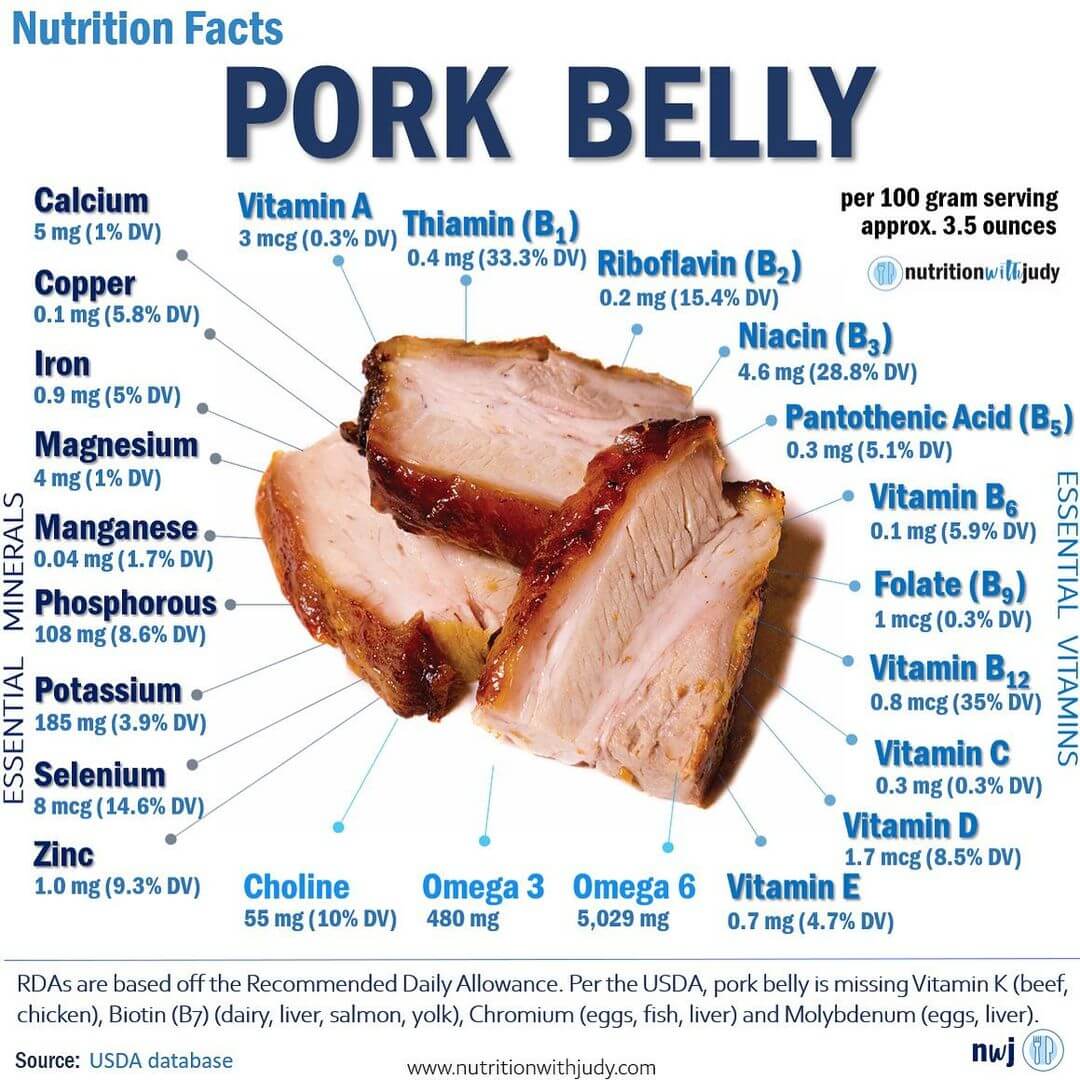

A recent study published in Nature revealed that trans-vaccenic acid (TVA), a fatty acid found in red meat and dairy, significantly boosts the immune system’s ability to fight tumors. TVA enhances the function of CD8+ T cells, key players in anti-tumor immunity, by reprogramming their metabolic and functional state.
This is achieved through the inactivation of the GPR43 receptor, leading to the activation of the cAMP-PKA-CREB signaling pathway, which is crucial for improving CD8+ T cell effectiveness against tumors. This groundbreaking research suggests that dietary TVA from animal sources could potentially support cancer treatment strategies by strengthening the body’s natural immune response.
Which Carnivore Diets Include Red Meat?
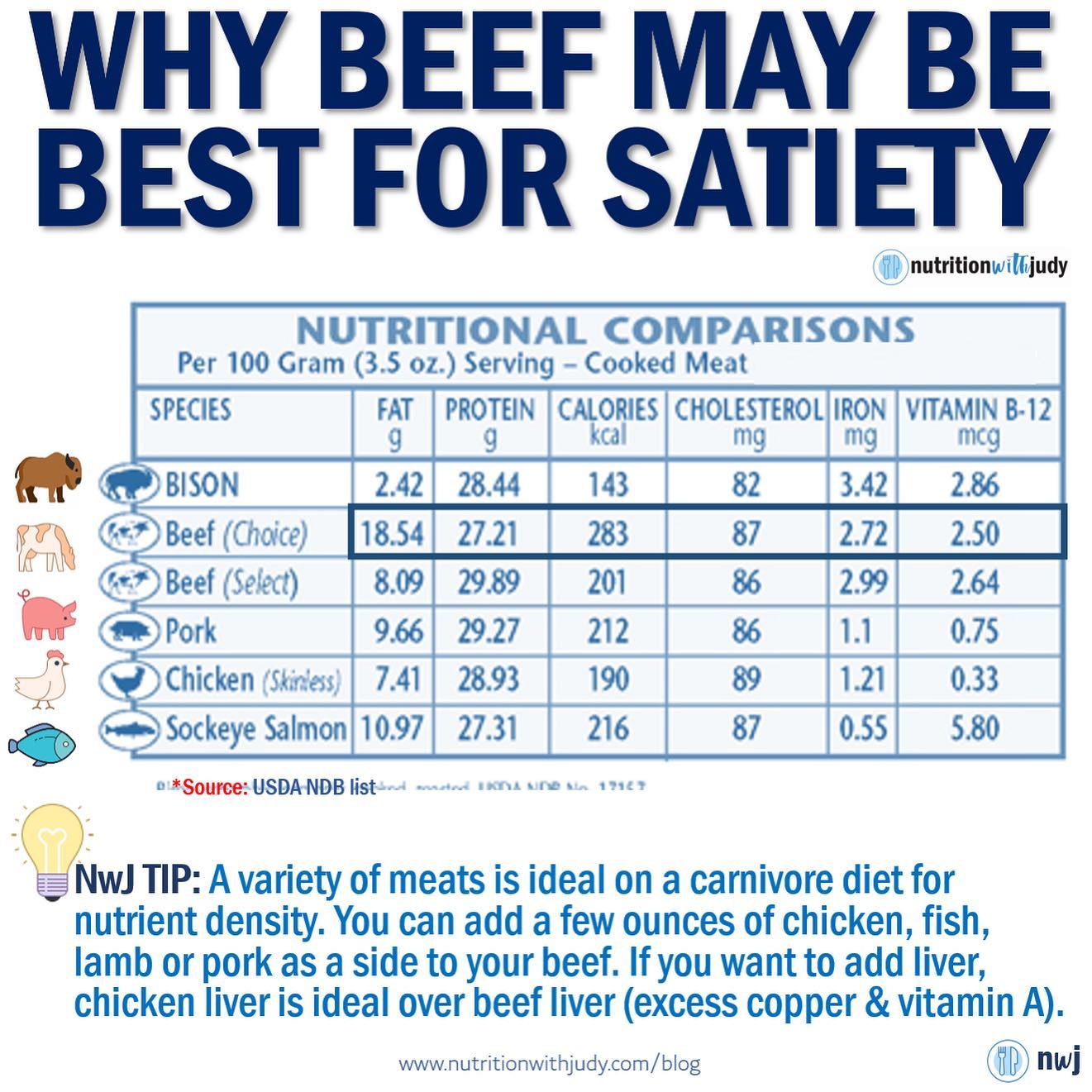

Every variation of the carnivore diet incorporates red meat, particularly emphasizing ruminant meats such as beef and lamb, due to their rich nutritional content, including essential vitamins, minerals, and high-quality proteins. Ruminants are prized as they tend to be better tolerated by our sensitive community and are often more satiating compared to non-ruminant varieties.
These meats are fundamental across all variations for their health benefits. However, not all red meats, such as pork, are universally included in these dietary practices. Pork isn’t included in the beef-only or lion diet variations. The focus on ruminant meats ensures adherence to the diet’s principle of prioritizing animal-based foods, while also allowing for a degree of customization to accommodate individual health goals, preferences, and dietary tolerances.
Closing Thoughts On Red Meat and the Carnivore Diet
So, are red meats nutritional superhouses? Yes, indeed. Red meats are rich in high-quality protein, essential vitamins such as B12, and minerals such as iron and zinc. Despite misconceptions, red meat plays a crucial role in the optimal diet, supporting muscle growth, brain function, and overall health.
The carnivore diet, adaptable to individual health goals, includes variations that each emphasize different aspects of animal-based nutrition. While all variations prioritize ruminant meats for their nutrient density, not all include every type of red meat, such as pork. This nuanced approach allows individuals to tailor their diet based on personal health objectives, dietary tolerances, and preferences, underscoring the diet’s versatility and potential health benefits.
Work With Our Trusted Carnivore Diet Functional Nutritional Therapy Practitioners
The Nutrition with Judy practice is honored to be a trusted carnivore diet practitioner support serving clients from around the globe. We’re passionate about helping our clients achieve root-cause healing in order to lead the best quality of life possible that’s nearly symptom-free. Our team is dedicated to debunking mistruths and advocating for real superfoods. We welcome you to explore our free resources and are always available to support you through personalized protocols. Our Symptom Burden Assessment (SBA) is the perfect starting point for discovering your root cause and is required to work with our team— you can learn more in-depth about this powerful tool here.
Start your root-cause healing journey today and contact us any time with any questions or concerns.
DISCLAIMER: This content is for educational purposes only. While we are board-certified in holistic nutrition and are nutritional therapy practitioners, we are not providing medical advice. Whenever you start a new diet or protocol, always consult with your trusted practitioner first.




